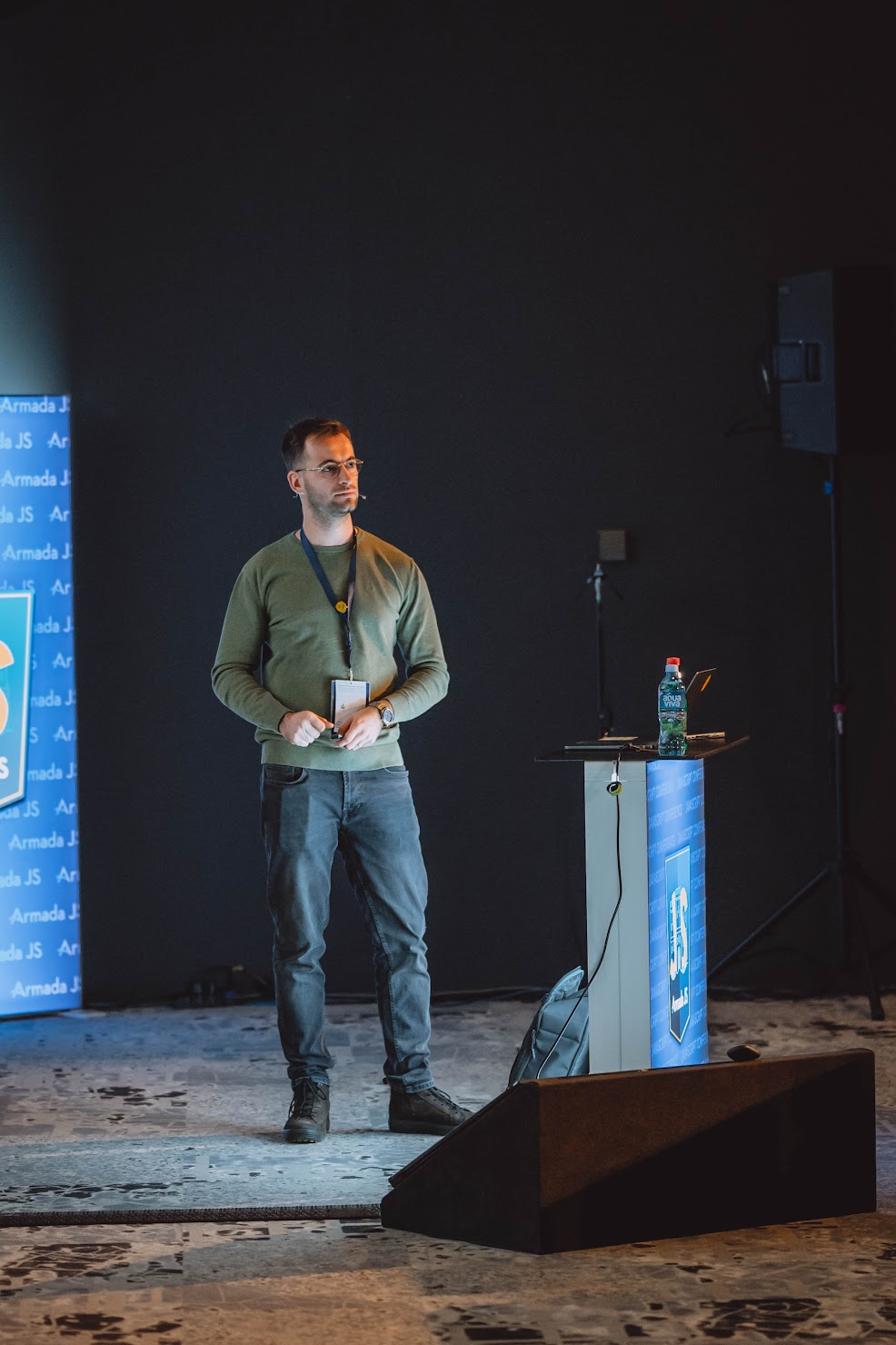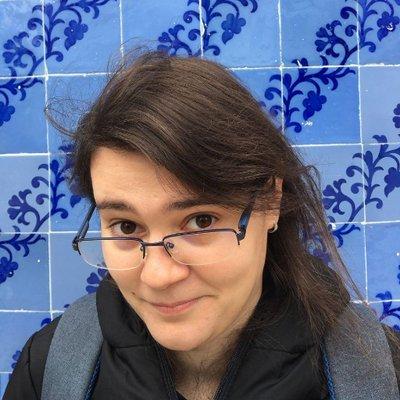Meet the team - Mihovil Ilakovac, Founding Engineer
Wasp team is on a mission to build the world's best full-stack web framework for JS. End-to-end solution and DX of Rails/Laravel, but with JS and your favorite tools. Future-proof and here to stay.
It’s been a while since we caught up with the people behind Wasp—the ones turning ideas into code and shaping the future of web development. As we are actively growing the team, we decided to catch up with people who already joined us. In this post, we've interviewed Miho who joined Wasp in 2023.
Let’s start with two truths and a lie about yourself.
- I recently became a one-star scuba diver.
- I played the guitar in music school.
- In one of my previous jobs, I designed the face of Croatia’s COVID chatbot.

Which statement was the lie above? Any interesting stories to share?
I mean, it’s nothing too dramatic, but I actually played the piano. I liked playing it, but I wasn’t really that good at it. I liked creating electronic music using Fruity Loops Studio more in those days, here’s a really old song I made.
Also, I really became a one-star scuba diver recently!
Why did you join Wasp? What did you do before?
In my previous company, Superbet, I worked on the front end in Vue.js in the sports betting team. I started as an individual contributor, became a tech lead, and eventually started a team that worked on cross-platform tooling. That’s one of the things that prompted me to contribute to open source tools like Directus, and I really enjoyed doing that.
I realized that I like working on dev tooling and helping other devs to do their job more easily. I liked the open-source community vibe and thought “It would be awesome to be a part of it!”. Being in web development for over 10 years and knowing the complexity behind it made Wasp stand out to me. Working on open source dev tooling that made web dev 10x easier? Nice! This made Wasp a perfect fit for me. Luckily, it turned out that guys at Wasp liked me back 🙂
What is your favorite language?
These days I’m all about Typescript and Haskell since at Wasp we are trying to create the full-stack framework for JavaScript and our compiler is in Haskell. I’d say I like languages with types because you can model your problem with them and then the compiler will give you errors if you make mistakes. Also, I like immutability in programming languages because again, the compiler helps you to avoid errors. So, I’m all about languages that dig a pit of success for you.
What are you most excited about in Wasp?
I find the concept of full-stack modules quite exciting. It’s like having legos of functionality you plug into your app. Something like Stripe payments support. You’d install something like wasp/stripe and get the client UI, server logic and database entities working together. That kind of ability to solve your business problem with a simple module install feels really powerful to me. I’d like to have this as a developer, but I didn’t see that kind of solution in the JS ecosystem.
What’s a feature or project you’re most proud of that you worked on in the past three months?
I like the work that we did on moving away from Wasp’s custom entity syntax to using the Prisma file directly. We used Prisma under the hood the whole time, but users had to use Wasp's special syntax. Now that’s no longer the case and people can just use Prisma as they are used to. I like the concept of enabling devs to use the skills they already have. I worked on the parser for the Prisma file format and it was a fun technical challenge! It enables Wasp to understand your Prisma models and configuration which allows it to generate logic based on your database setup.
How did you start coding?
When I was 11 years old, I started programming in a visual programming language called Logo. You write down commands and a small turtle draws things on the screen. I used to go to competitions in Logo. So you could say I was a competitive turtle user. By the time I was 14, blogs were a thing and I wanted to change some colors of my blog homepage, so I had to learn a bit of CSS. Or should I say, learn how to copy-paste some code and tweak it until it worked. I was always that kind of learner, playing around, messing things up, and then finally figuring it out.
 Miho recently gave a talk at ArmadaJS.
Miho recently gave a talk at ArmadaJS.
Your dev setup?
I’m used to doing everything on my MacBook Pro M2 and oftentimes without an external screen because I like to travel and work. I’m using VS Code, Warp terminal emulator, and Raycast shortcuts for window management. That’s pretty much it, my setup is as basic as it gets. Before when I was on Linux, I used to play around more, but since I’m on MacOS, I just don’t have the need - maybe it’s the OS, maybe it’s me getting older 😀
What is your current favorite gem, library, tool, or anything else that helps you with your work? Why?
I love using Zod for env variables validation, it makes me feel nice and cozy knowing they are validated and not just some string | undefined Wild West.
Another thing I love using these days is bolt.new which gives you superpowers to build a demo app for some idea you have and then you can start playing around with functioning code. It unlocks you as the dev from setting up the boring bits before you can start playing around.
One piece of advice you’d give to budding developers?
Build stuff. But own the whole process, the product, the design, the deployment, and of course the development. I say it in that way because I feel like a lot of devs never get the chance to experience all the other things around their job - but there are so many valuable lessons to learn. You’ll understand your counterparts in other departments, you’ll learn their language, you’ll understand their world and that will make you a 10x developer. Build stuff, and who knows where it might take you.
Lastly, where can people find or connect with you online?
Here’s my pretty slow paced blog and my more up to date Twitter.
